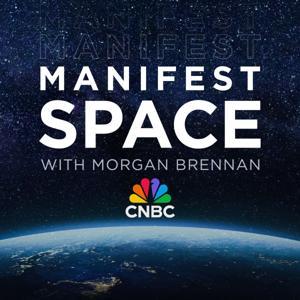https://www.linkedin.com/in/jonfortt/detail/recent-activity/
https://www.youtube.com/c/forttknox
I should have posted this way earlier, but I've been getting questions. Here's the skinny: Fortt Knox is not dead. It's just been reborn. Instead of living in your favorite podcast app, Fortt Knox now lives on LinkedIn and YouTube.
Now you can see video of my interviews, and engage with a broader community of Fortt Knox viewers. I stream my interviews live, and the recordings are there for on-demand viewing. I also serve up curated insights from the interviews -- there's something new from Fortt Knox in my Jon Fortt LinkedIn feed just about every weekday, and pretty often on the Fortt Knox channel on YouTube, too.
Beyond that, Fortt Knox is taking on new life -- it's a weekly newsletter distributed through my profile on LinkedIn's platform. So if you don't have time to check in with me every day, you can get a weekly roundup of the latest goings on in tech, leadership and innovation, and find out what's coming next. So get on LinkedIn and subscribe, and that will be delivered right to your inbox.
Still, I know a lot of listeners will be bummed that the podcast part has gone away. You might be wondering why. It comes down to this: I want to hear from you. Interact with you. Podcasts are great as a passive medium, but they're a little too passive for where I want to take this. The new format is rich with video, and gives lots of opportunity for you to share the experience with others and interact with me.
So that's it! Look, LinkedIn isn't just for job hunting, and it's not just for self promoters and techies. It's a great platform for everyone who wants to get insight into how to do work better. And no, that's not a paid endorsement. Nobody paid me to move this to LinkedIn. It just happens to be the best platform for what I want to do with Fortt Knox. So: Thanks for being on the ride thus far, and I hope to see you on LinkedIn and YouTube.
Hosted by Simplecast, an AdsWizz company. See pcm.adswizz.com for information about our collection and use of personal data for advertising.







































